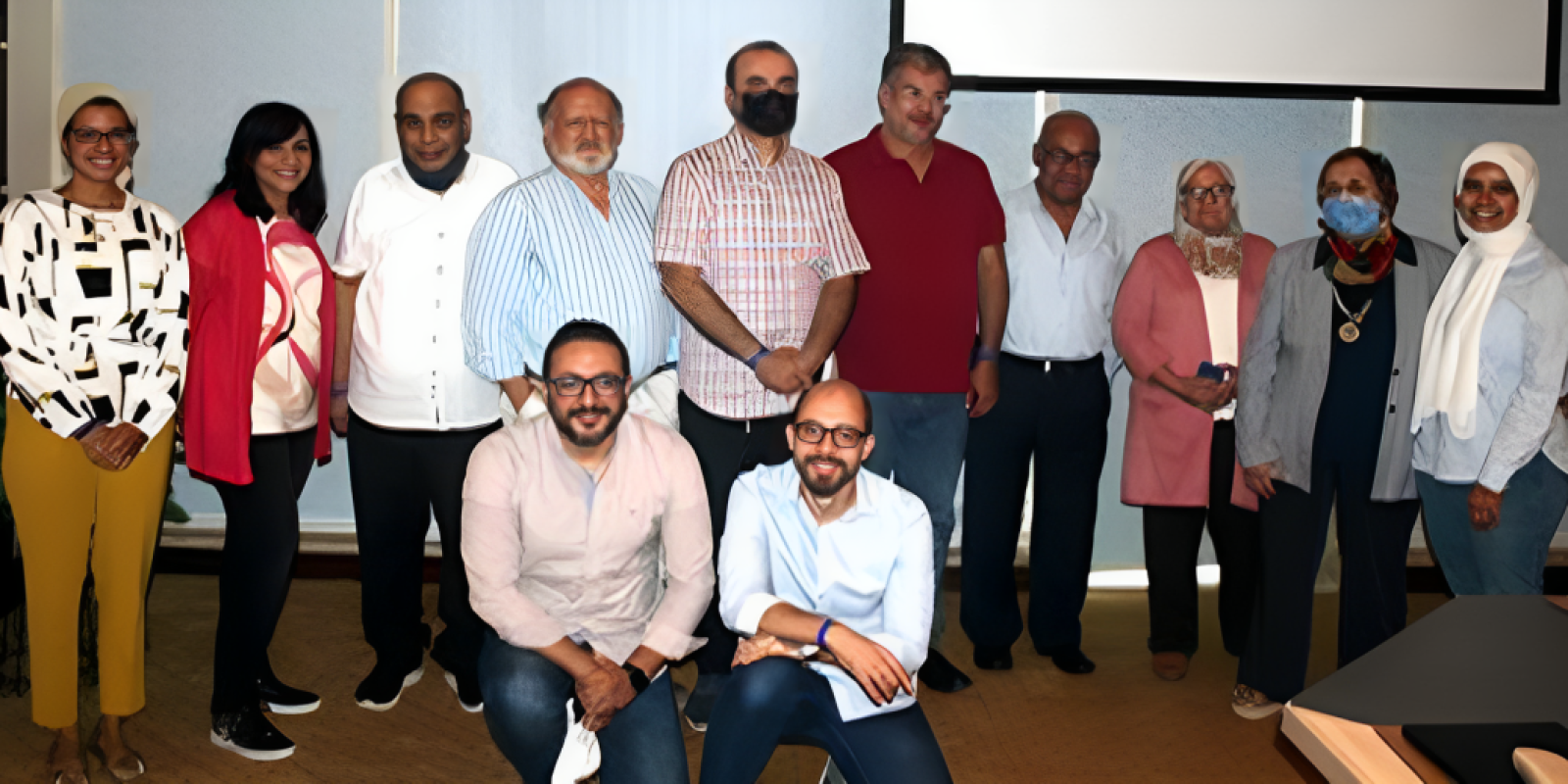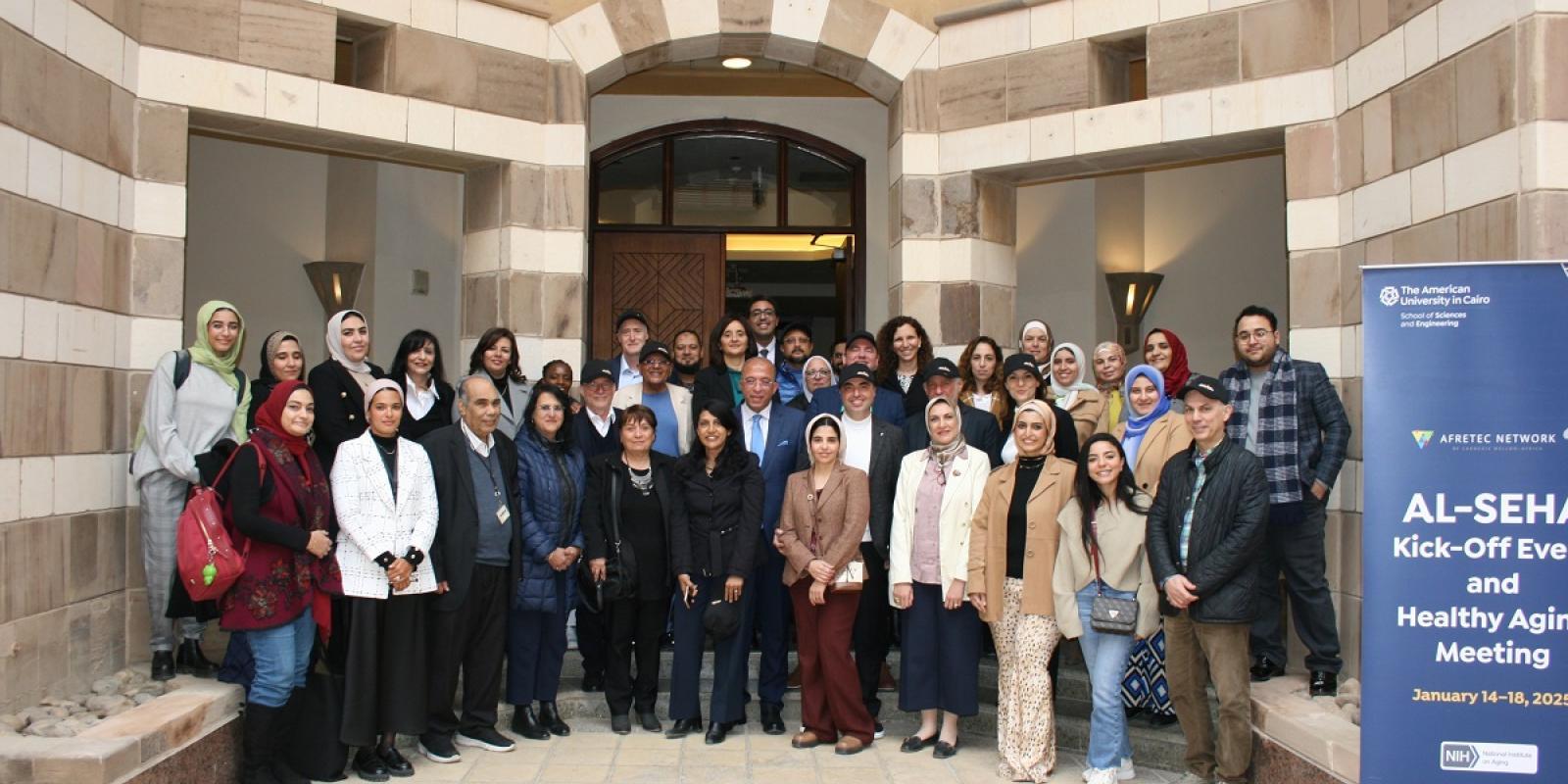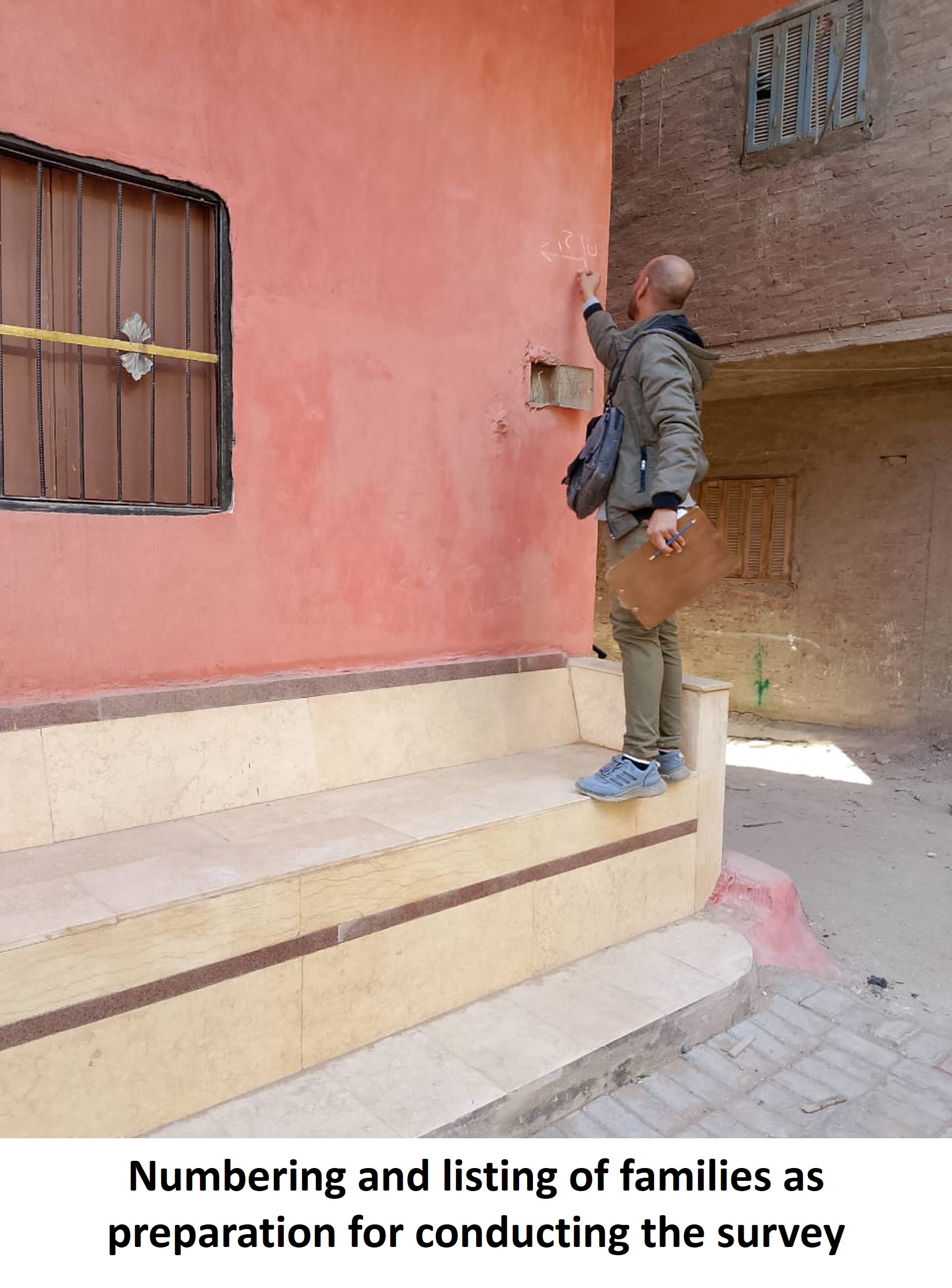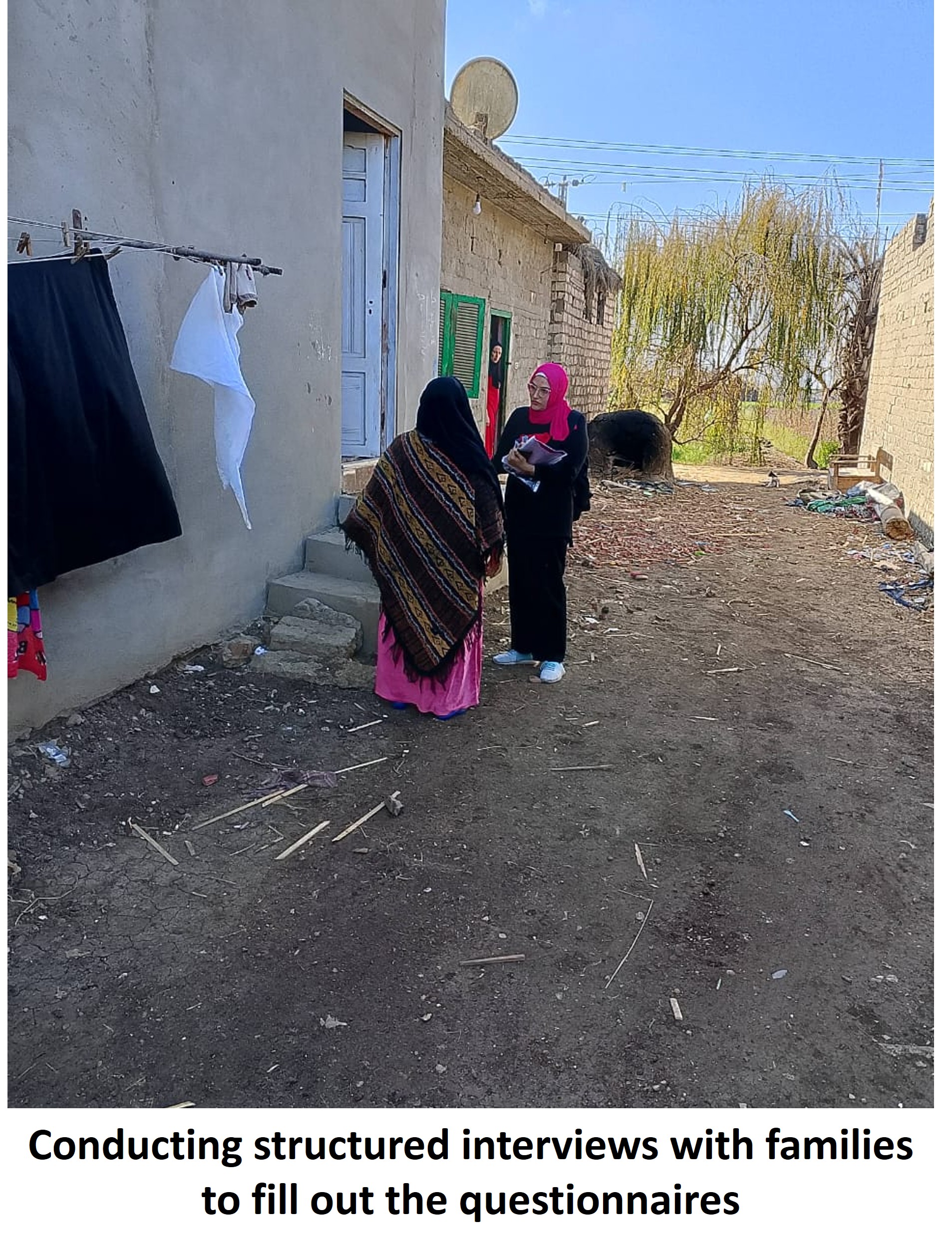
A Longitudinal Study of the Egypt Healthy Aging Initiative AL-SEHA
AL-SEHA is an Egyptian initiative funded by the National Institute on Aging (NIA) for five years. The initiative is a collaborative activity among the Social Research Center and the Institute of Global Health and Human Ecology at The American University in Cairo, the Institute of National Planning (INP) and the Munich Center for the Economics of Aging (MEA) at the Max-Planck-Institute for Social Law and Social Policy. It aims to contribute to global knowledge on the aging population by establishing an Egyptian health and retirement study modeled after the U.S. Health and Retirement Surveys (HRS) and its sister survey, the Survey of Health, Aging and Retirement in Europe (SHARE).
The initiative will fill a significant lacuna in the international network of harmonized aging studies, as Egypt represents the centerpiece of the Middle East with an enormously diverse population at the intersection of Mediterranean, Arab and African influences. It also aims to support responsive, healthy aging policies by conducting a longitudinal study of older persons in Egypt that monitors the life journey of adults across various dimensions, including health, access to health services, income, occupation, environment and socioeconomic changes over a long period.
The AL-SEHA survey is the core activity of the AL-SEHA initiative. It will be administered to a large nationally representative sample of older persons aged 50 years and older. The survey will provide a baseline and a first follow-up wave, including a community module, geocoded data and environmental data. It will also administer a tested and contextually validated tool to measure the prevalence of dementia and cognitive impairment in Egypt, following the harmonized cognitive assessment protocol (HCAP).





